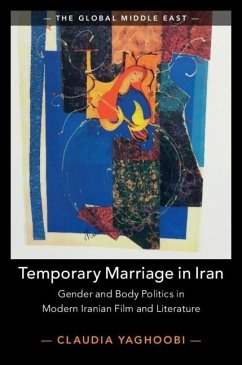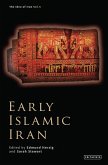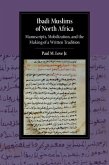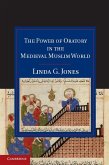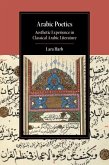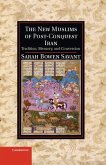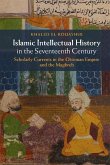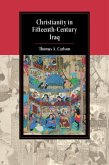Proposing a methodology that brings feminist theories of embodiment to bear on the Iranian literary and cinematic tradition, this study examines temporary marriage in Iran, not just as an institution but also as a set of practices, identities and meanings that have transformed over the course of the twentieth- and twenty-first centuries. Based on analysis of novels and short stories from the Pahlavi era, and cinematic works produced after the Islamic Revolution, Claudia Yaghoobi looks at the representation of the sigheh women, or those who entered into temporary marriages. Each work reflects the manner in which the practice of sigheh impacts women by calling into question how sexuality works as a form of political analysis and power, revealing how a sigheh woman's sexual bodily autonomy is used as ammunition against what governments deem inappropriate gendered expression. While focusing mainly on modern Iranian cultural productions, Yaghoobi moves beyond the literary and cinematic realms to offer an in-depth examination of this controversial social institution which has been the subject of disdain for many Iranian feminists and captured the imagination of many Western observers.
Dieser Download kann aus rechtlichen Gründen nur mit Rechnungsadresse in A, B, BG, CY, CZ, D, DK, EW, E, FIN, F, GR, HR, H, IRL, I, LT, L, LR, M, NL, PL, P, R, S, SLO, SK ausgeliefert werden.

